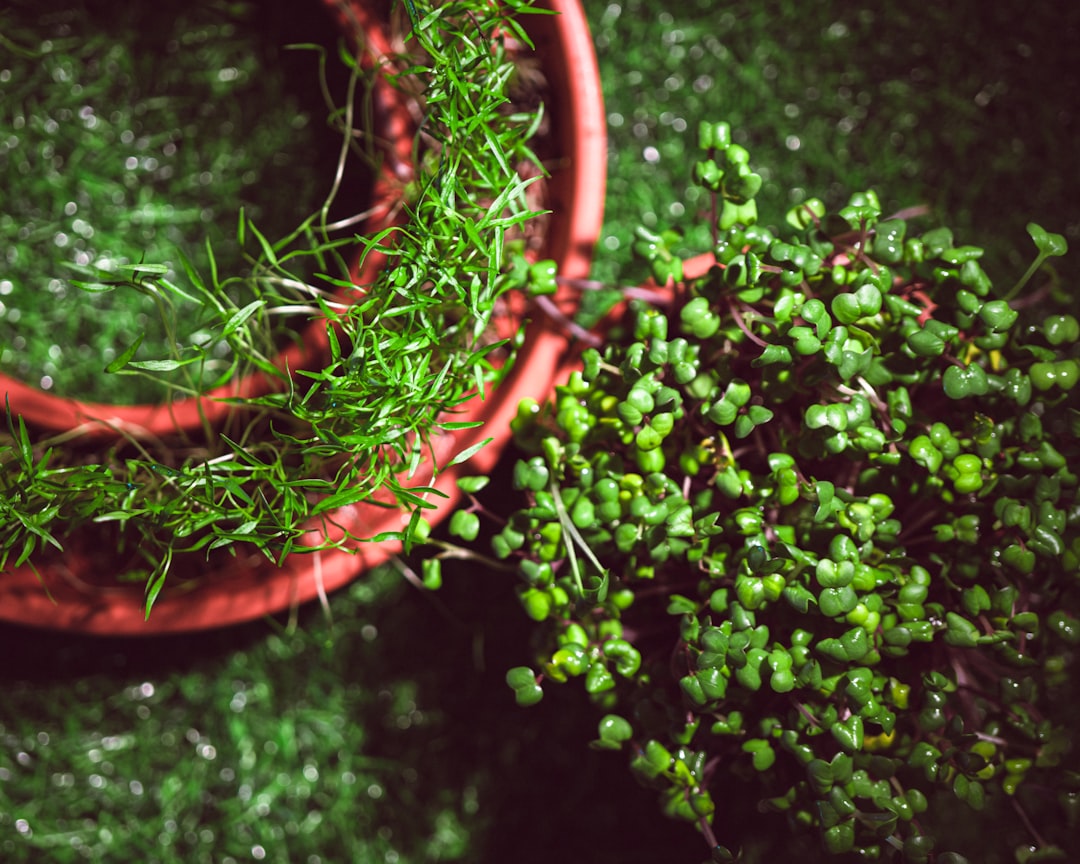When it comes to maintaining a healthy and vibrant yard, composting plays a crucial role. Composting not only helps reduce waste but also enriches the soil with essential nutrients, promoting better plant growth. However, the process of composting can sometimes be slow and inefficient. This is where compost starters and accelerators come in handy. They can significantly speed up the decomposition process and help you create high - quality compost in a shorter time. In this article, we will explore some effective natural compost accelerators that you can try in your gardening endeavors.
One of the most well - known natural compost accelerators is manure. Manure, especially from herbivorous animals like cows, horses, and chickens, is rich in nitrogen and beneficial microorganisms. Nitrogen is an essential element for the decomposition of organic matter in the compost pile. Microorganisms in the manure break down the materials more quickly, turning them into nutrient - rich compost. For example, chicken manure is particularly high in nitrogen, which can give your compost pile a significant boost. Just make sure to use well - aged manure, as fresh manure can be too strong and may contain harmful pathogens.
Another excellent natural accelerator is green grass clippings. Grass clippings are a readily available source of nitrogen. When added to the compost pile, they provide a quick energy source for the decomposer organisms. However, it's important not to add too many grass clippings at once, as they can form a thick mat that restricts air circulation in the pile. A good practice is to mix them with other dry, carbon - rich materials like leaves or straw. This creates a balanced carbon - to - nitrogen ratio, which is essential for efficient composting.
Legumes are also a great addition to your compost pile. Plants such as clover, peas, and beans have the ability to fix nitrogen from the atmosphere into the soil through a symbiotic relationship with nitrogen - fixing bacteria. When you add legume plants or their residues to the compost, you are essentially adding a natural source of nitrogen. This helps to speed up the decomposition process and enriches the compost with this vital nutrient. You can either cut down legume plants and add them directly to the pile or use their spent vines after the growing season.
Comfrey is a remarkable plant that can act as a powerful compost accelerator. Comfrey leaves are rich in potassium, phosphorus, and nitrogen, as well as many other trace minerals. These nutrients are quickly released when the leaves are added to the compost pile. You can chop up comfrey leaves and layer them throughout the pile. Some gardeners even make comfrey tea by soaking the leaves in water and then use the liquid as a compost activator. This tea can be poured over the compost pile to stimulate the growth of beneficial microorganisms.
Wood ash is another natural ingredient that can be used in composting. Wood ash contains potassium, calcium, and other minerals that are beneficial for plant growth. It also helps to balance the pH of the compost pile, making it more alkaline. However, it should be used sparingly, as too much wood ash can raise the pH too high and harm the decomposer organisms. A general rule of thumb is to add no more than a handful of wood ash per cubic foot of compost.
Yeast is a simple yet effective natural compost accelerator. Yeast contains enzymes and microorganisms that can break down organic matter. You can make a yeast solution by mixing a small amount of yeast with warm water and a bit of sugar. Let it sit for a few hours until it becomes frothy. Then, pour this solution over the compost pile. The yeast will introduce beneficial microbes that will help speed up the decomposition process.
In conclusion, using natural compost accelerators is a great way to enhance the efficiency of your composting process. By incorporating these natural ingredients into your compost pile, you can create high - quality compost faster, which will in turn improve the health and productivity of your yard. Whether you are a seasoned gardener or just starting out, these natural accelerators are easy to obtain and use, making them a valuable addition to your gardening toolkit.

